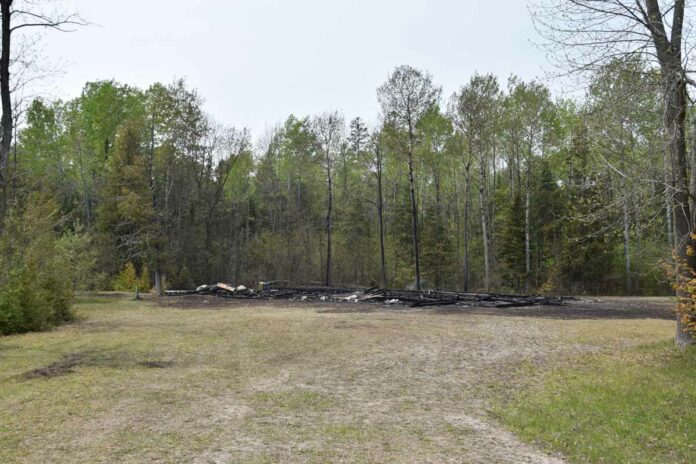This past week Wiikwemkoong Unceded Territory held an energy symposium aimed at informing their community of past energy planning successes, the state of the current operations and plans for the future—all informed through the lens of sovereignty and climate change. This is something all Manitoulin communities would all be well-served to emulate.
The founding director of Science North and professor emeritus of Natural Sciences at Laurentian University Dr. David Pearson laid out the clear and present dangers, and future liabilities, of not planning for a future where climate change upends the weather as we know it.
Human beings are not well-suited to long-range planning initiatives, it seems. The present human-induced climate change denial stands as a great reference to that observation. The anti-climate change cadre stance is irrelevant, however, as changes are clearly happening in the weather and those changes will have huge impacts for current and future generations. Climate change is not something that is simply down the road; the impacts of climate change are upon us now and we need to do something about that—not tomorrow, not next week, or next year—the call to action is now. It may well be too late to stop human impact on climate change, at least in the short term, but it is not too late to mitigate.
No matter who or what is causing climate change, the changes in our weather are happening.
As Canadians, it is hard to get upset over the idea of global warming. To many of our fellow citizens, warming temperatures hold the promise of not having to travel south to escape Jack Frost’s wrath. Unfortunately, that is a fool’s view based on a complete misunderstanding of what those rising temperatures will bring.
As Dr. Pearson so graphically explained through charts, diagrams and photographs, the warming temperatures of the Earth have disrupted the jet stream with consequences such as bringing unseasonable snow and ice storms to regions of Texas, frost to the orange groves of Florida and droughts and wildfires to the breadbaskets of California that supplies the vast bulk of our winter vegetables and greens.
Moreover, floods, wildfires, droughts and other “natural” catastrophes impact all of us not only through our grocery bills, but also through rising insurance rates. Insurance companies are not wont to lose money—so the science of actuary adjustments means all of us get to pay the butcher’s bill of climate change.
As 100-year storms become once-in-a-decade events, as floods and fires become more common, the threats serious weather events pose to our infrastructure also become more common. Think of the ice storms that paralyzed Quebec and much of Ontario just a few short years ago, the forest fires raging in ever expanding seasons as the forests experience prolonged drought.
It behooves all of our leaders, at every level, down to our very households, to start planning for a vastly different future that appears to be already upon us. Certainly, we must take steps to combat climate change, the phenomenon that nearly the entire scientific community is telling us poses an existential threat to life on Earth. But more than that, we have to take action to deal with the nearer-term consequences of those changes.
The first step in acting is planning—we certainly don’t want to take action that makes things worse, and resources are too scarce to waste on meandering down pointless paths.
To that end, closer to home, Manitoulin communities should take a leaf out of Wiikwemkoong’s book and hold an Island-wide symposium aimed at uncovering how the Island is being impacted by the weather changes currently taking place and those projected to come upon us. With that information in hand, we can take meaningful action to ensure that our communities are protected, as best they can be.





